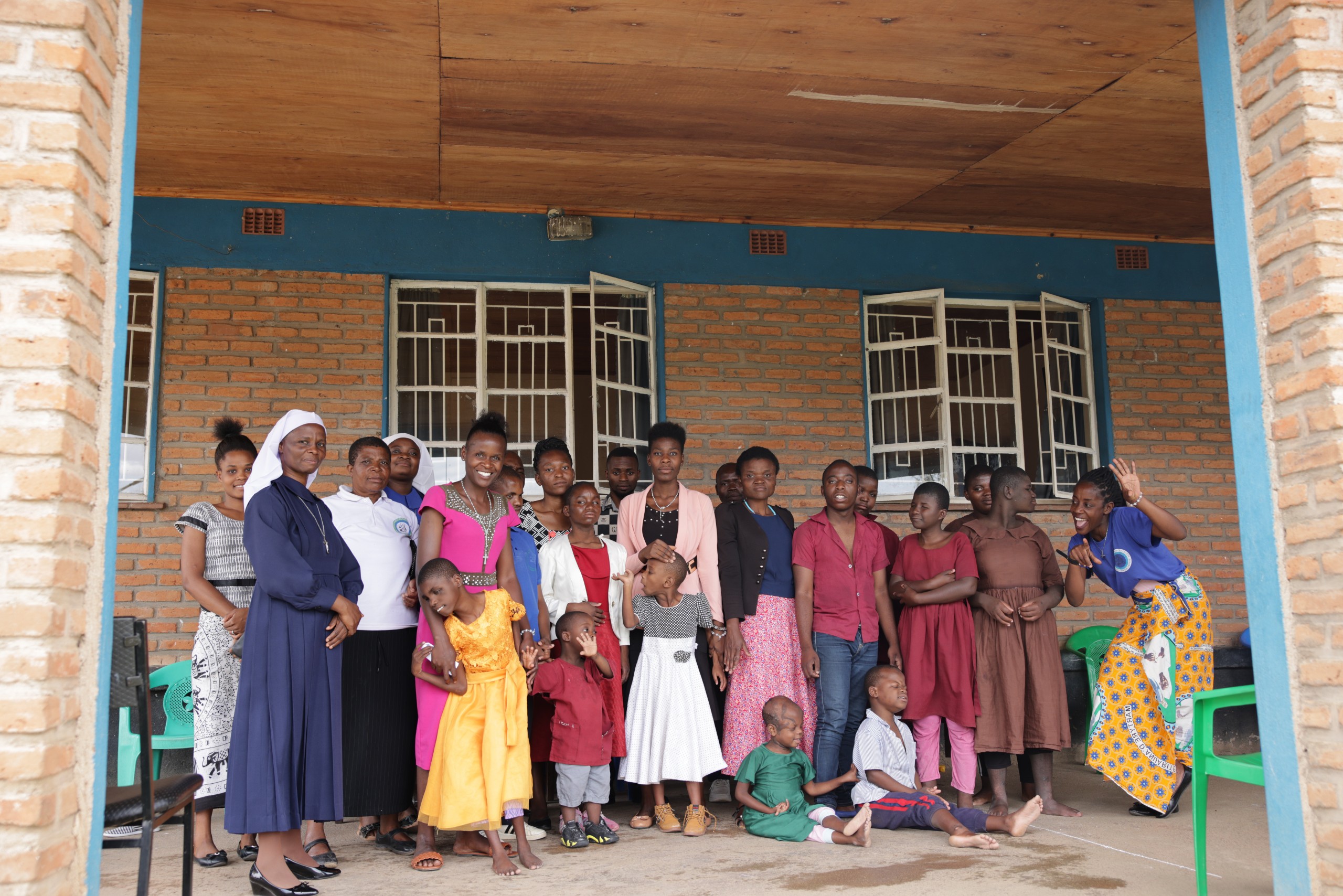
In the serene Shire Highlands of southern Malawi, a region known both for its lush tea estates and its stark poverty contrasts, stands a beacon of hope – the Chisombezi School for the Deafblind. Just outside the bustling city of Blantyre, this school, managed by the Sisters of the Blessed Virgin Mary, is more than an educational institution.
It is a sanctuary of love and hope, a place where the most vulnerable children are given a voice and a family.
At the heart of this institution is Sister Prisca, a young, dynamic nun in her third year as the supervisor. Her approach, firm yet filled with compassion, is reminiscent of Anne Sullivan’s dedication to Helen Keller in “The Miracle Worker.” Despite the overwhelming challenges, including the lack of basic amenities like electricity and running water, Sister Prisca’s resolve to educate and empower these children is steadfast. “Our journey is tough, and the resources scarce,” Sister Prisca says, “but in each child’s smile, we find the strength to continue. Here, we fight not just for education, but for transformation.”
Chisombezi School educates around 12 students, each facing unique challenges due to their deaf blindness. The school’s rudimentary structure and constant struggle for basic necessities like food and learning materials depict a stark reality. Yet, within these walls, the school is much more than a center of learning; it’s a home where children find a sense of belonging and love, often missing in their lives.
Many deafblind children in Malawi lack adequate support at home. At Chisombezi, they are part of a community that understands and nurtures them. The teachers, trained in various methods of hand sign language, open a world of communication for them, allowing them to express needs, wants, and feelings for the first time. “We do more than teach,” Sister Prisca explains. “We give our children the gift of communication, the joy of expressing themselves, and the comfort of being understood.”
However, the school faces heart-wrenching challenges. Some students, living at home, disappear for months, losing much of their educational progress. This reflects the broader struggles of growing up in impoverished communities in Malawi, where isolation and desperation are common experiences.
Yet, hope shines through in the school’s ethos, focusing on equality, dignity, and a preferential option for the poor. Sister Prisca, with her background in special education for the deafblind, sees each child’s potential. The school’s sign, “Hope for the Future,” embodies their core values and vision of creating a self-reliant person with deaf blindness in society.
The school’s impact is most evident in the joy and laughter of the children during performances and activities. These moments of happiness underscore the transformative effect of the school, where the children are cherished as individual sons and daughters of God, each loved and celebrated for their individuality. Adorning the school’s walls are posters detailing what each one of them likes, dislikes, and what their particular abilities are.
Sister Prisca and the Chisombezi School for the Deafblind are modern-day miracle workers in a setting that echoes the challenges and determination of Helen Keller and Anne Sullivan. They provide not only education and communication skills to these children but also a sense of dignity and belonging in a world that often overlooks them. “Our goal,” Sister Prisca concludes, “is to nurture these children into individuals who can confidently stand in society, not just as equals, but as symbols of hope and perseverance.”


